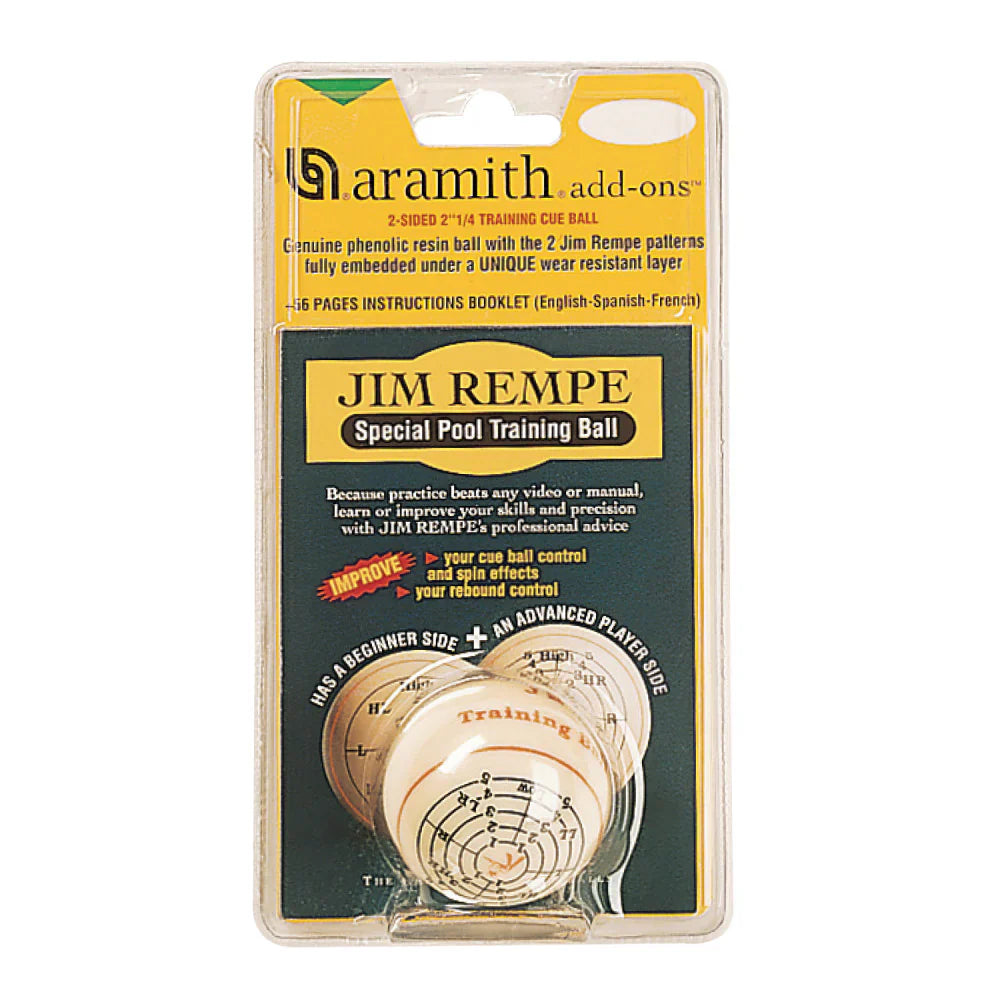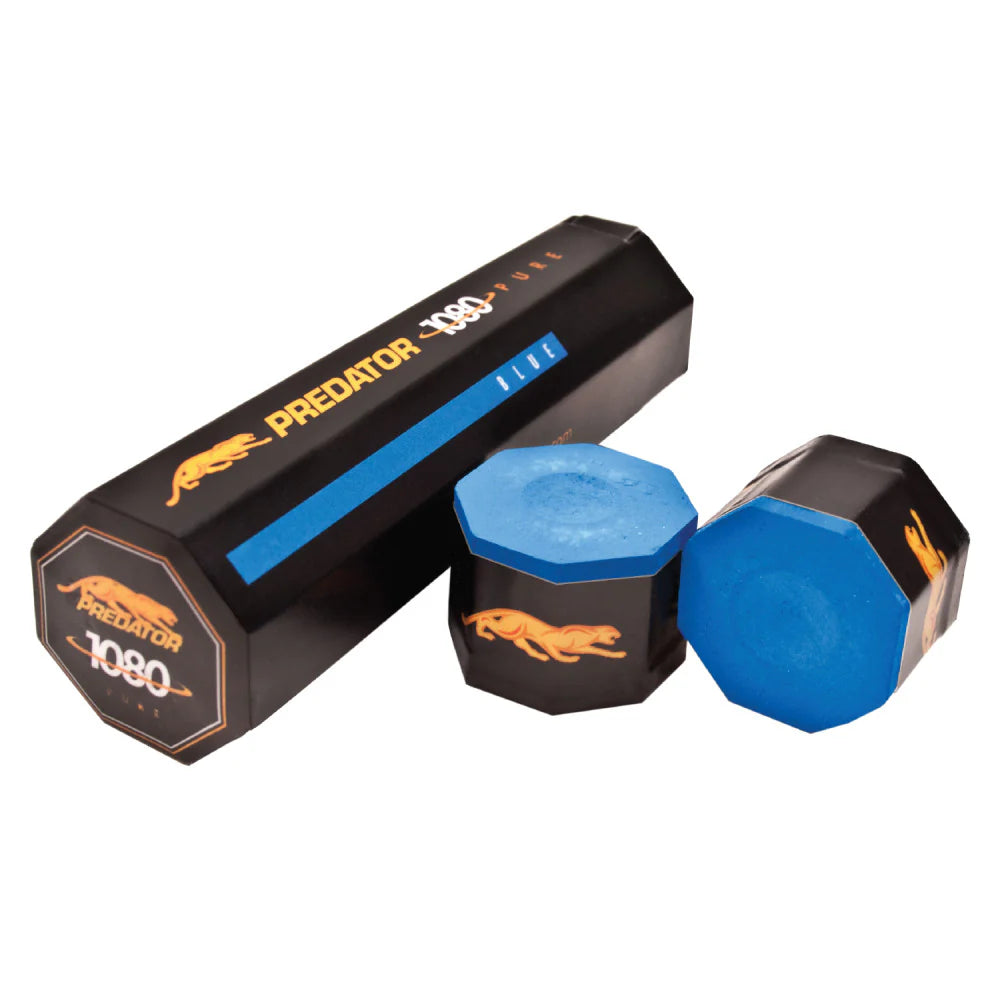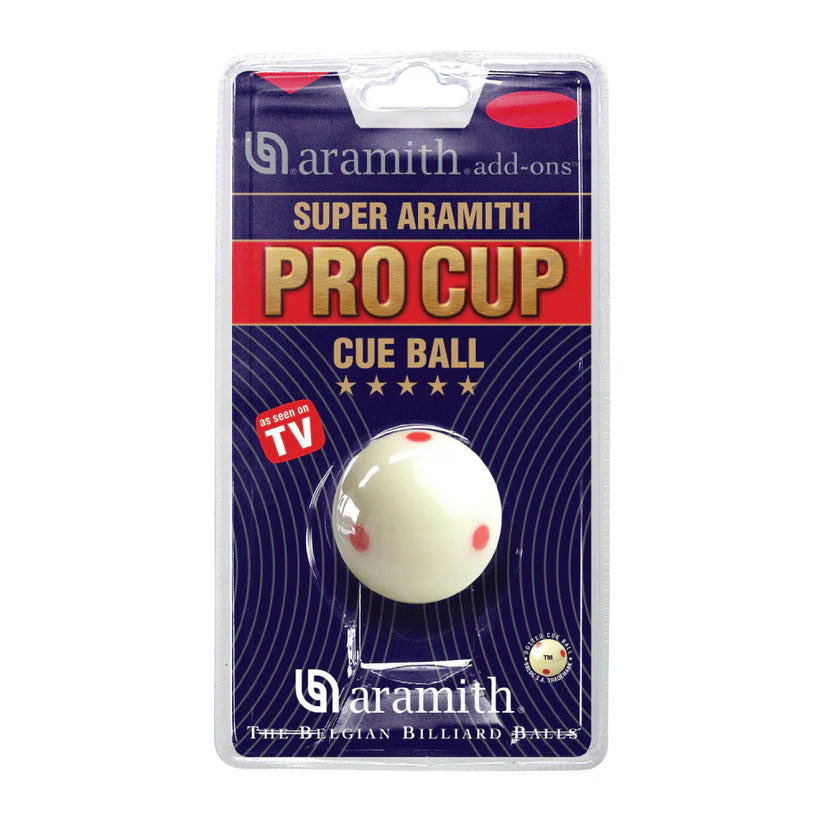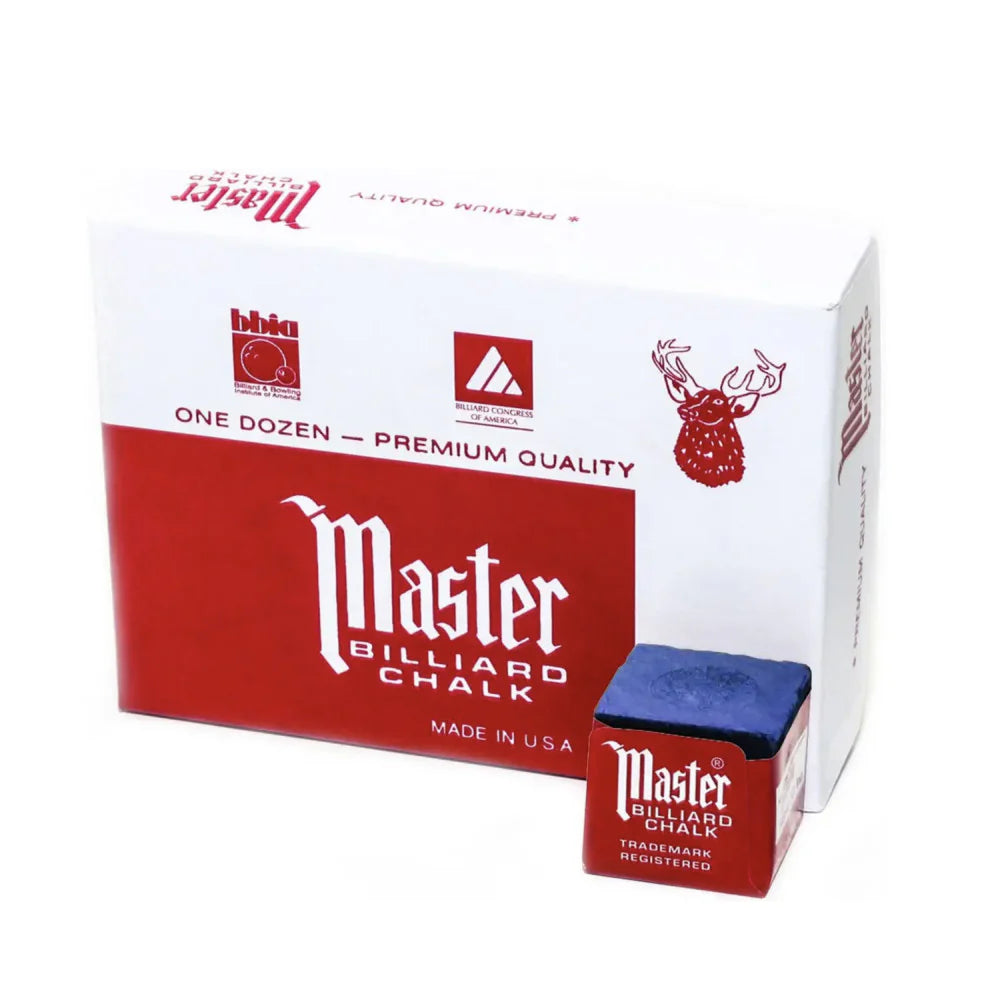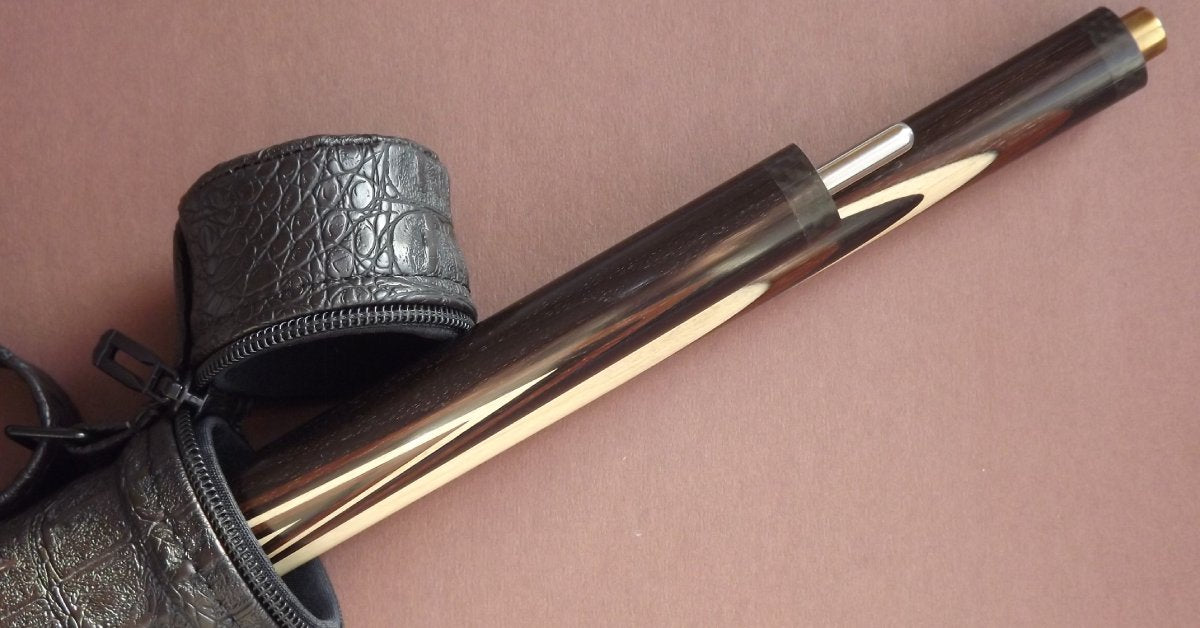As a pool player, your cue is one of the few main purchases you need to make if you plan on taking this hobby seriously. However, if you plan to travel with your pool cue, you’ll want to keep it protected. The best way to do this is with a pool cue case.
When it comes to cases, you have two primary choices: hard and soft, each offering distinct features and advantages. Since not all of these might not be immediately apparent, this in-depth comparison will guide you through the most vital factors to consider when deciding if a hard or soft pool cue case is better for you.
Protection
At its core, a pool cue case is meant to protect your cue, which makes this arguably the most critical factor to evaluate. Hard cases are designed with maximum protection in mind. Their rigid structures, often made of durable materials like aluminum, reinforced plastic, or hard leather, create a physical barrier that shields your cue from major impacts, drops, or external pressure. Players who frequently move their cues from one venue to another will appreciate the added reassurance of knowing their gear is secure and well-protected.
Soft cases, though effective for minor protection, cannot offer the same level of security. Usually made from nylon, fabric, or soft leather, these cases excel at protecting your cue from scratches, dust, or light bumps but fall short against more severe impacts. If your playing routine is mostly local, with minimal traveling or rough handling, a soft case could be sufficient.
Weight
Carrying a pool cue case should feel effortless, but it’s alright if they have some heft to them. Hard cases, owing to their solid build and robust materials, are naturally heavier than their soft counterparts. Although not unwieldy, the extra weight can become noticeable during extended periods of travel or when carrying multiple accessories inside the case. Some players don’t mind the trade-off, as the added weight is justified by the superior protection and organization these cases offer.
Soft cases, by contrast, are lightweight and easy to carry, making them an appealing choice for players who prefer a simpler setup. Their soft exteriors and flexible designs contribute to their portability, allowing players to move comfortably between locations without the burden of extra weight. This ease of transport makes them particularly popular among beginners and recreational players who prioritize convenience over heavy-duty protection.
Durability

Durability is another factor where hard and soft cases diverge significantly. Most hard cases are built to last, often featuring reinforced seams, sturdy hinges, and robust locks that ensure they remain intact through years of travel and frequent use. Whether you’re navigating the wear and tear of regular tournaments or protecting your cue in unpredictable environments, the resilience of a hard case gives you long-term peace of mind.
Soft cases, while functional and reliable for lighter use, tend to wear out more quickly. The materials used in their construction, such as nylon or fabric, are more susceptible to fraying, tearing, or sagging over time, especially if exposed to heavy use. For players who only play occasionally or plan to upgrade to a newer case in the near future, this diminished durability may not be an issue. However, for those who value long-term reliability, a hard case offers a clear advantage.
Storage Capacity
An often-overlooked aspect of choosing the right pool cue case is its storage capacity, which can significantly impact your overall playing experience. Many hard cases will feature multiple compartments carefully designed to keep everything organized. These cases often include individual slots or separators to hold multiple cues and interchangeable parts securely. Some even come with dedicated pouches for accessories like chalk, tips, and adjustment tools, ensuring everything stays in its place during transit.
When it comes to soft cases, they tend to have a more basic approach to organization. However, many of them still offer pockets and storage sections, but these tend to lack the rigidity and structure needed to securely hold items in place. This can be an inconvenience for players who carry multiple accessories, as soft cases are more prone to allowing items to shift or jostle during transport.
Aesthetic Appeal
When it comes to appearance, both hard and soft pool cue cases cater to different preferences. Hard cases often exude a sleek, professional aesthetic. Their polished exteriors and structured shapes give off an air of sophistication that appeals to serious players or those seeking a more formal look. Many of them have customization options that include intricate patterns, logos, or even personalized engravings, allowing players to showcase their unique style.
Soft cases, in contrast, lean towards a casual and sporty vibe. Their flexible materials and often colorful designs appeal to recreational players looking for something practical yet fun. While they may not have the same commanding presence as a hard case, soft cases still offer plenty of opportunities for personalization through patches, embroidery, or other small decorative touches.
Price

Budget is a key consideration for many players, and in most cases, this is where the gap between hard and soft cases becomes apparent. Hard cases, due to their premium materials and construction, are generally more expensive, but there are still some more affordable options. Still, if you decide to go with a pricier option, the investment often pays off in the form of long-lasting reliability and superior protection. This is particularly important for professional players who demand high-quality equipment.
Soft cases, in contrast, are more affordable, making them an attractive option for beginners or players on a tight budget. These cases allow you to store and transport your cue without breaking the bank, especially if your playing routine doesn’t demand heavy-duty protection. However, that doesn’t mean they’re all cheap. There are plenty of premium soft case options for those who prefer this style but want something that’ll last for many years to come.
Convenience
Convenience can mean different things depending on your playing style and lifestyle, but soft cases tend to excel in this category. Their lightweight, compact construction makes them easier to handle and carry, but more importantly, store. Due to their soft design, you can fold these cases up, making them much smaller when not in use. For players who value quick, hassle-free transport, soft cases offer a practical solution.
Hard cases, while bulkier, provide their own version of convenience through their organizational features. With dedicated compartments for every item and added security features like locks or sturdy latches, they enable players to keep everything organized and well-protected. Some even come with kickstands, which give players easier access to their cues. Ultimately, the level of convenience offered by each case type depends on your priorities and how you plan to use it.
Which Should You Choose?
Now that you know what sets hard and soft pool cue cases apart, it’s time to decide which is better for you. While hard cases might seem like the go-to choice for pros and soft cases may seem ideal for newcomers, it really comes down to personal preference. Do you prefer security or ease of use? Style or affordability?
Once you’ve made a decision, come see if Cue Pros has what you’re looking for. We have a wide range of hard cue cases available, but there’s no shortage of soft ones either. Regardless of your preference, we’re positive we’ll have something just for you.

